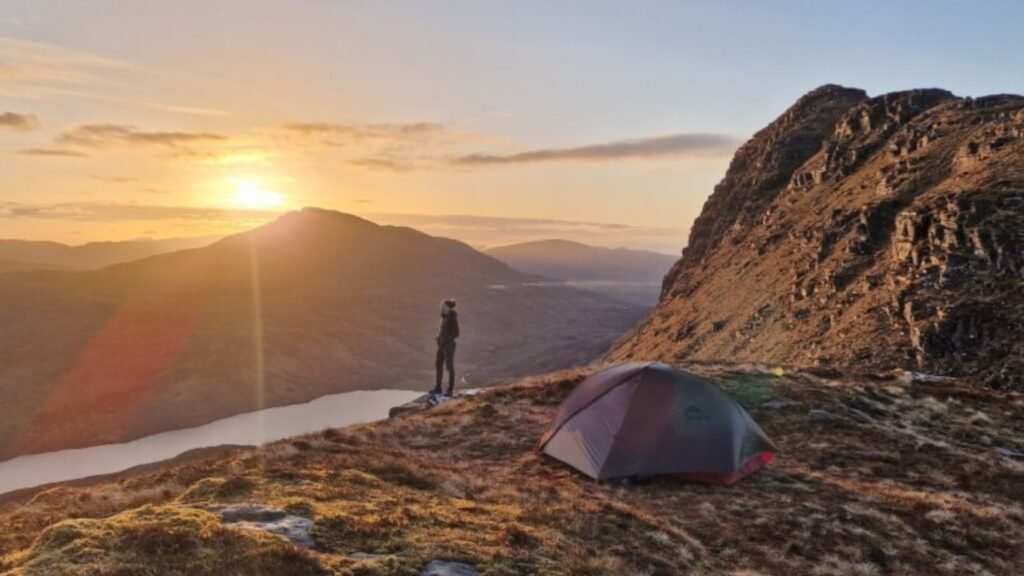Planning a multi-day hiking trip requires careful preparation to ensure a safe and enjoyable adventure. Here’s a comprehensive guide on how to plan your next hiking expedition:

1. Choose Your Destination
Select a hiking trail or destination suitable for multi-day trips. Consider factors like difficulty level, terrain, weather conditions, and required permits.
2. Research and Gather Information
- Trail Maps and Guides: Obtain detailed maps, trail guides, and information about the area including elevation gain, water sources, and camping regulations.
- Weather Forecast: Check the weather forecast for your hiking dates and pack accordingly.
3. Plan Your Itinerary
- Daily Mileage: Estimate daily distances based on your fitness level and terrain difficulty.
- Campsites: Identify suitable campsites along the trail and check availability (if required).
4. Prepare Your Gear
- Essentials: Pack lightweight and durable gear including a tent, sleeping bag, cooking equipment, clothing layers, food, water filtration system, navigation tools (map, compass, GPS), and first aid kit.
- Clothing: Choose moisture-wicking and breathable layers suitable for varying temperatures.
5. Consider Safety Measures
- Emergency Plan: Share your itinerary with a trusted person and know emergency contacts along the trail.
- Navigation Skills: Familiarize yourself with map reading and use navigation tools effectively.
6. Fitness and Training
- Physical Preparation: Train beforehand with hikes of increasing difficulty and duration to build endurance.
- Health Considerations: Ensure you’re in good health and consult a healthcare professional if necessary.
7. Food and Water
- Meal Planning: Pack lightweight, nutritious meals and snacks that require minimal cooking.
- Water Sources: Identify water sources along the trail and plan water purification methods.
8. Leave No Trace Principles
- Environmental Responsibility: Practice Leave No Trace principles by minimizing impact on the environment, packing out waste, and respecting wildlife.
9. Permits and Regulations
- Permits: Check if permits are required for camping or hiking in the area and obtain them in advance.
- Regulations: Familiarize yourself with local regulations regarding camping, fires, and wildlife encounters.
10. Enjoy the Journey
- Mindfulness: Stay present and enjoy the natural beauty around you.
- Photography: Capture memories responsibly, respecting nature and wildlife.
Conclusion
Planning a multi-day hiking trip involves thorough research, preparation, and attention to detail. By considering your destination, gear, safety measures, and environmental impact, you can embark on a rewarding outdoor adventure while ensuring safety and enjoyment.











